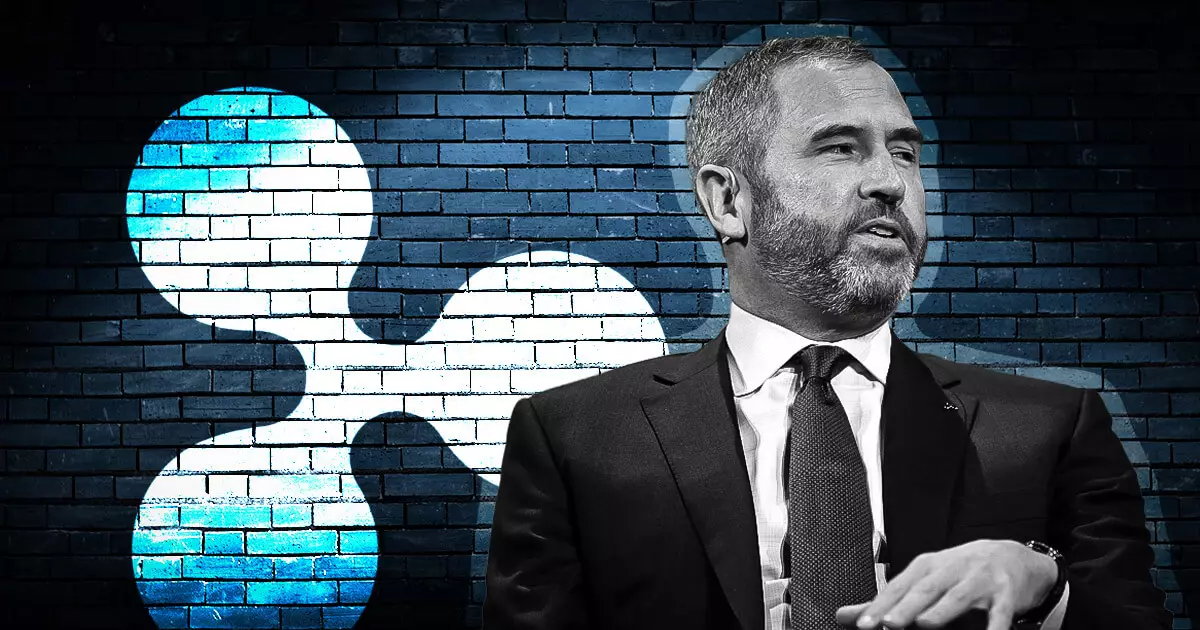Ripple CEO Brad Garlinghouse recently expressed his dissatisfaction with the U.S. Securities and Exchange Commission’s (SEC) actions towards the cryptocurrency industry. He believes that the regulatory agency’s approach has failed in protecting investors and is stifling growth. Speaking at the Ripple Swell conference in Dubai, Garlinghouse questioned the SEC’s focus and raised concerns about who the agency is truly protecting in its regulatory journey.
Garlinghouse emphasized the need for a new regulatory framework that takes into account the unique nature of digital assets. He argued that the current enforcement approach of the SEC has only hindered innovation and growth within the crypto industry. This criticism comes in the wake of a prolonged legal battle between Ripple and the SEC, in which the latter accused Ripple of conducting a $1.3 billion securities fraud by selling XRP to retail investors.
However, a significant victory for Ripple occurred in July when a judge ruled that XRP is not a security. This ruling marked a significant milestone in the ongoing case and added weight to Garlinghouse’s critique of the SEC’s regulatory strategy. He also referenced a recent case involving Grayscale, a digital asset manager, in which a federal judge criticized the SEC for being “arbitrary and capricious.” Garlinghouse pointed out that such strong words from a judge indicate the need for the regulator to reassess and change its approach.
A Shift Towards a More Proactive Regulatory Stance?
Garlinghouse expressed hope that recent legal developments would lead to a shift in the regulatory stance towards the digital assets industry. He called on the U.S. government to take a more proactive approach in supervising the industry, starting with the implementation of new digital asset laws. Rather than relying on litigation, Garlinghouse argued that federal laws governing digital currencies should be introduced by Congress to provide clarity and stability for the industry.
In order for the industry to thrive in the country, Garlinghouse emphasized the importance of moving away from the current pattern of regulation through enforcement. He believes that XRP should not be classified as a security and that federal laws could bring the much-needed clarity and stability to the industry as a whole.
As the legal battle between Ripple and the SEC continues, the next crucial step in the case is the remedies discovery process, with the SEC having 90 days from November 9th to conduct related discovery. This phase will play a significant role in determining the outcome of the case and may further influence the SEC’s future regulatory strategy.
Ripple CEO Brad Garlinghouse’s criticism of the SEC’s regulatory strategy sheds light on the need for change and innovation within the crypto industry. He argues that the SEC’s approach has not adequately protected investors and has hindered growth and innovation. With recent legal victories for Ripple and other industry players, there is hope for a more proactive and tailored regulatory framework that considers the nuances of digital assets. Only time will tell if the SEC takes heed of these criticisms and adapts its regulatory strategy to foster a thriving and innovative crypto industry.


















